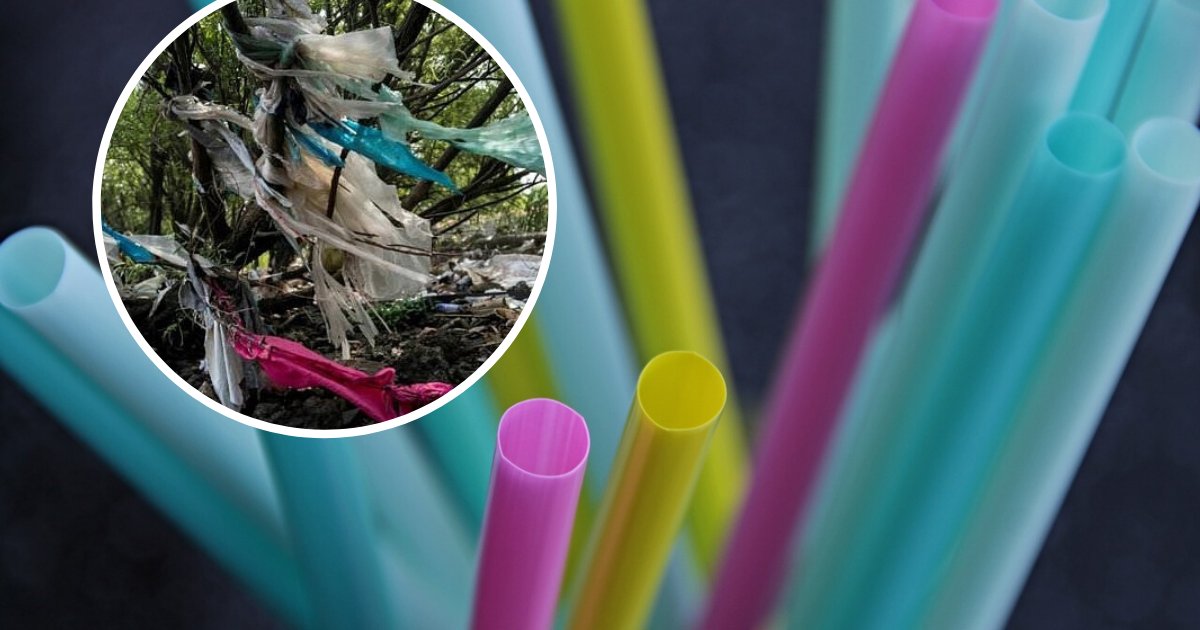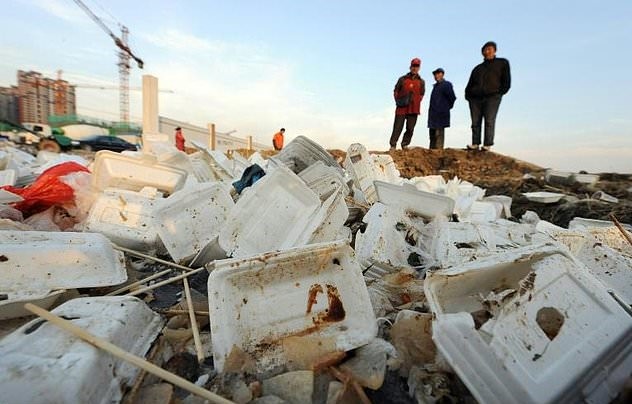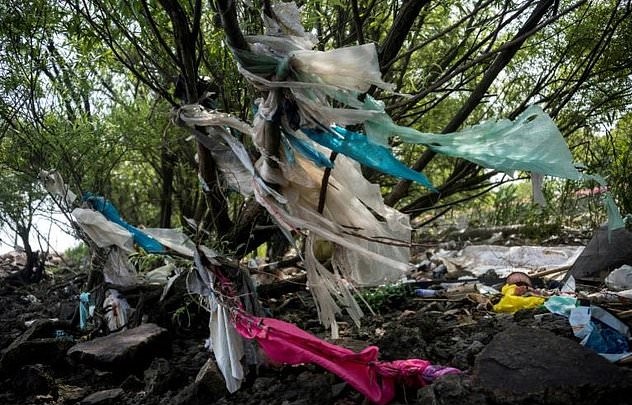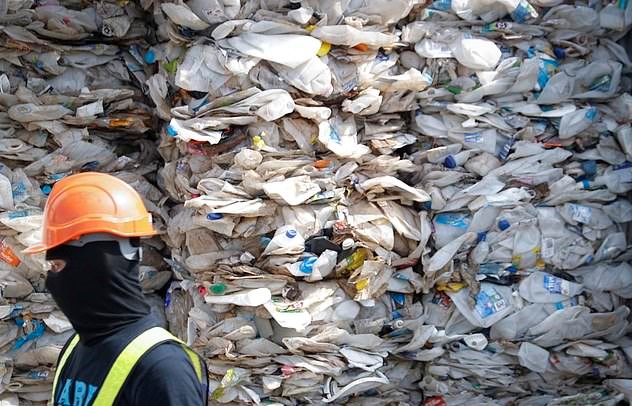China, the world’s biggest plastic producer, has announced plans to ban plastic bags and other disposable plastic products by the end of 2020.
As the government revealed, non-degradable plastic products such as shopping bags, straws, and utensils will be banned in major cities.
According to the Ministry of Ecology and Environment, the government’s plan is to stop the production and sale of single-use plastic tableware and polystyrene by the end of the year.
Besides restrictions imposed on the food and beverage industry, postal services will also see the effects of the ban whereas plastic packaging is set to be banned entirely by 2022.
The rapid development of the country along with a global increase in consumerism has led China to become the world’s biggest waste and plastic producer.
As the National Development and Reform Commission reassured, however, the revolutionary reform will provide them with a “long-term mechanism to control plastic pollution.”
As for the ban on plastic bags used in shopping malls, the government is determined to promote paper bags, cloth bags, and degradable bags in their stead.
The move to reduce plastic waste follows less than two years after China imposed strict regulations on importing plastic waste from foreign countries.
The news of the ban on plastic follows as Malaysia made a brave move and decided to send 150 shipping containers filled with plastic waste back to developed countries such as France, the UK, the U.S., and Canada.
The decision to stand up to Western nations followed after the SEA country announced they will no longer be treated like the “world’s garbage dump.”
As environment minister Yeo Bee Yin revealed, the total amount of plastic waste shipped back to the countries of origin consists of 3,737 metric tons of garbage.
The containers were shipped to a total of 13 countries whereas 43 containers were sent to France, 42 to the UK, 17 to the United States, and 11 to Canada. In addition, the government hopes to soon send another 110 containers of waste, of which 60 belong to the US, back abroad.
Malaysia has seen a drastic increase in plastic waste imports following China’s decision to block the majority of waste imports.
Since then, recycling businesses have moved to Malaysia whereas waste was sent into the country without securing proper permits from the government.
“[We] will take the necessary steps to ensure that Malaysia does not become the garbage dump of the world,” Yeo Bee Yin said before vowing to “continue to wage war against pollution, including plastic waste.”
According to the environment minister, countries that illegally exported waste to Malaysia were told to shoulder the shipping costs.
“We don’t want to pay a single cent. People dump their rubbish into your country, we are not supposed to pay them to send it back,” she said.
In addition to Malaysia, several other countries such as Indonesia and the Philippines have decided to put a stop to the controversial practice. While the Philippines have shipped a huge amount of waste back to Canada, Indonesia has returned hundreds of containers to various Western nations.
What are your thoughts on this matter? Let us know in the comments and don’t forget to SHARE this post with your family and friends and follow us on Facebook for more news and stories!
Replaced!








